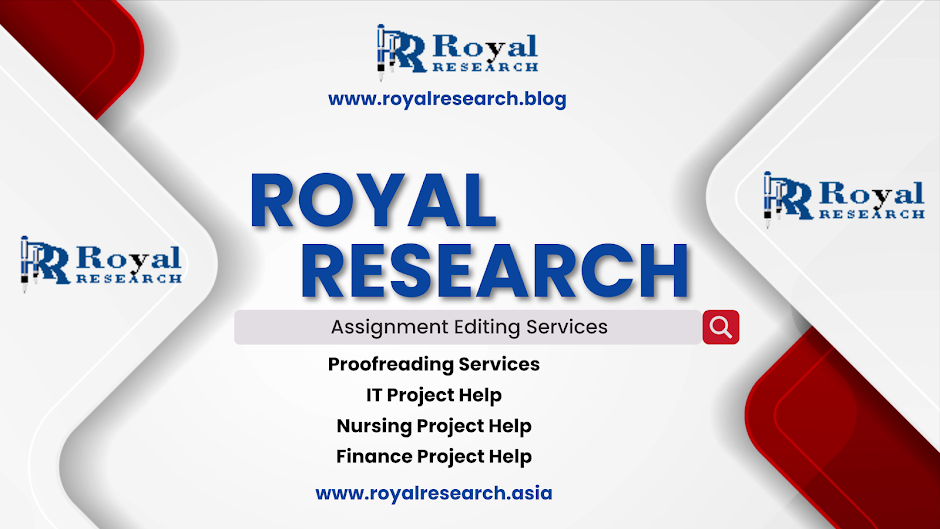Introduction:
Your research proposal should start with a lucid and succinct introduction that describes the background and importance of the study. Provide your research topic history, emphasizing its importance to the field and any missing pieces or unresolved issues that your study tries to fill in. Use stimulating language to seize the readers’ attention and communicate the significance of your research.
Research Objectives:
Unambiguously specify the objectives of your research project, including the particular goals and results you expect. Whether your objective is to test a hypothesis, discover a new phenomenon, or add to existing knowledge, make sure to outline your research aims in a clear and succinct manner. Link your goals with broader research aims of your educational field to impress its scholarly value.
Literature Review:
The first step is to perform a comprehensive literature review and situate your research in the existing knowledge base. Review pertinent studies, theoretical frameworks, and research approaches to find general issues, controversies, and research holes in literature. Show that you are versed in the academic debate on your topic and that your work will move the knowledge base in this area.
Methodology:
Elaborate on your research methodology, including its steps, methods, and techniques that you will employ to collect and analyze data. Whether you are using quantitative, qualitative or mixed methods research design, you will need to support your choice of methodology and show how it supports your research objectives. Discuss any ethical considerations or limitations associated with your approach to research and propose plans to overcome these barriers.
Timeline and Resources:
Specify a real time span for doing your research work, breaking it down into various stages and deadlines. Estimate the data collection, analysis, and writing process taking into account possible delays and problems. Besides, itemize the facilities, equipment and personnel required to complete your research.
Expected Outcomes and Impact:
Discuss the possible effects of your research work and explain its further implications in terms of the theory, practices, and politics. Explain how your results could assist in solving the real-life problems or expanding the scientific understanding of your research area. Think about the practical implications of your research and its possibility to affect new directions of research and decision-making processes.
Conclusion:
Summarize the core of your research proposal and point out its importance and significance to your field of study. Emphasize the uniqueness and creativity of your suggested study and be confident about its feasibility and effectiveness. Ask for advice and collaboration from co-workers, mentors or funding organization to improve your research proposal and greatly enhance chances of success.
Using these tips, you can craft a solid research proposal that demonstrates your academic expertise and presents the relevance of your study in a convincing manner. The assignment editing services and executive writing services offered by Royal Research are tailored to assist students and researchers refine their research proposals and thus help them achieve academic relevance.
WATCH MORE






No comments:
Post a Comment